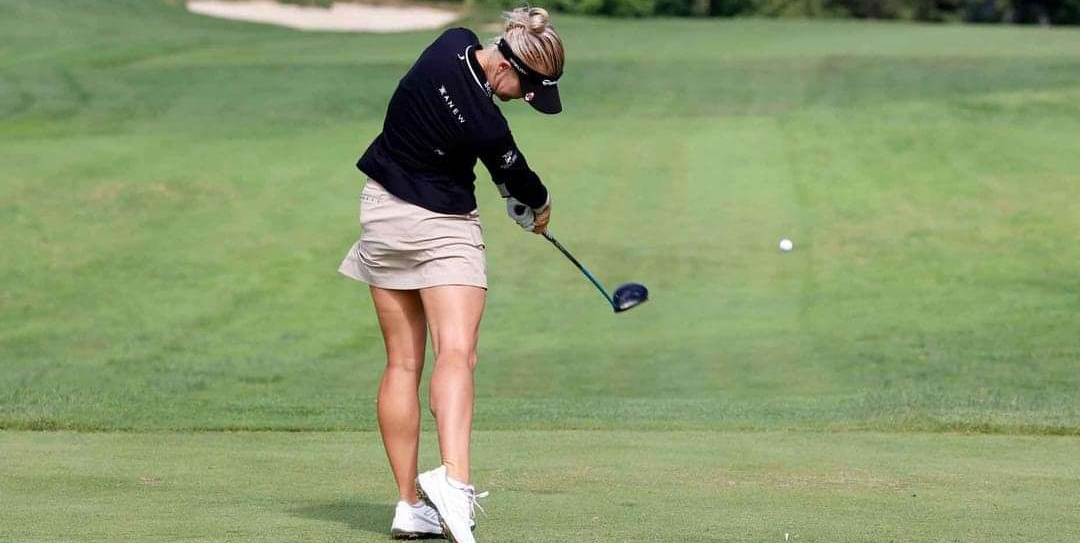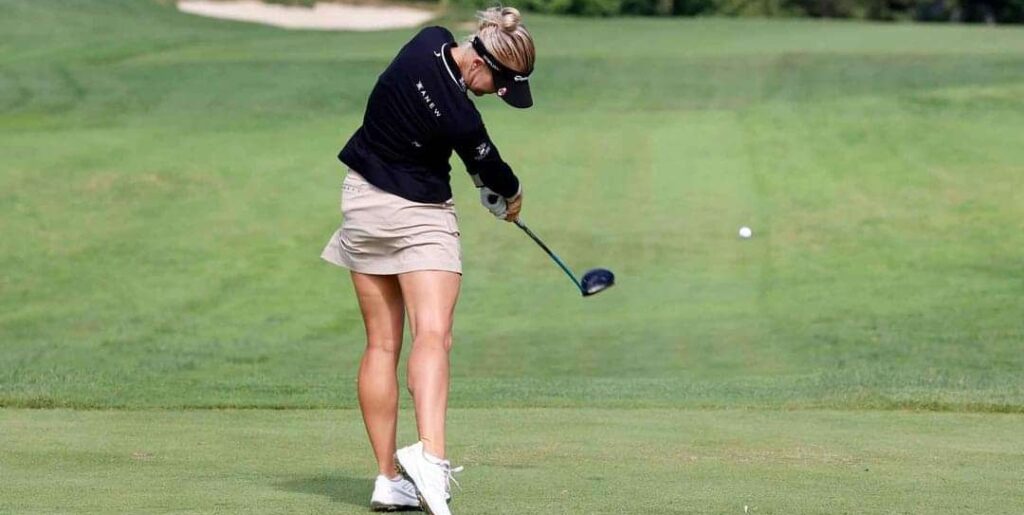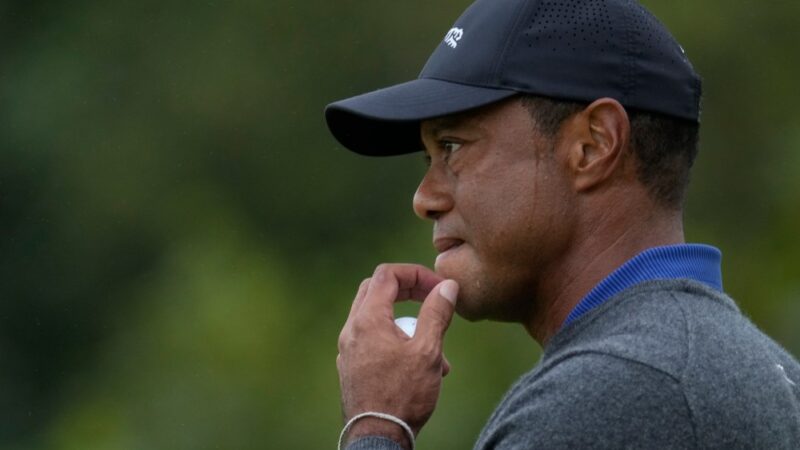What effect does the golf-ball rollback have on you? Leading golf instructors provide their thoughts


SCOTTSDALE, Arizona – The USGA and R&A’s decision to bring back golf balls in the future has divided the golf world. Supporters of the decision say it’s a necessary fix that should have been made years ago to preserve the game’s historic trajectory, support sustainability initiatives and reward quality long shots. The governing body also stressed that the general situation needs to change as people oppose secession. Opponents of teeing the ball argue that the decision makes the game more difficult for all players and that the future of golf should be about expanding the game and making it more inclusive and fun.
Now that stakeholders have had time to digest the news, we wanted to know: What do top teachers think about the game? At last week’s Top 100 Teacher Party held at the Westin Kirland in Scottsdale, Arizona, we had the opportunity to gather some feedback.
“I don’t think anybody wants to hit the ball short,” Top 100 teacher Jerry King said. “But the best athletes in the world lose 12 to 15 meters, amateur athletes lose 5 to 7 meters. I don’t think it makes that much of a difference.”
Top 100 teacher Brady Riggs said he’d rather the administration decide to split. “I hope it doesn’t affect fans’ enjoyment of the game,” he said. “But I think we should try to keep the courses relevant at the professional level. But it’s a little disappointing because most people don’t have a problem hitting too far and know it doesn’t really affect them because the ball speed isn’t that high and they miss so much. “But I don’t think anything should be lost in the process.”
Riggs said Major League Baseball’s wood and metal bat designs at the youth and college levels are good examples for golf. “I think it makes sense to have two different rules for golf,” he said.
Teacher Stephanie Shaw was optimistic about the future. “I think everything will be fine,” he said. “I think everyone needs to rest. It’s just change, and change usually ends well. “I think it will make the game more interesting, especially professionally.”
Golf teacher Jonathan Buchanan believed that golfers should accept and accept what comes next. “It’s something everyone has to play for,” he said. “I think we have to adapt. In the end, the low scores still win.”


